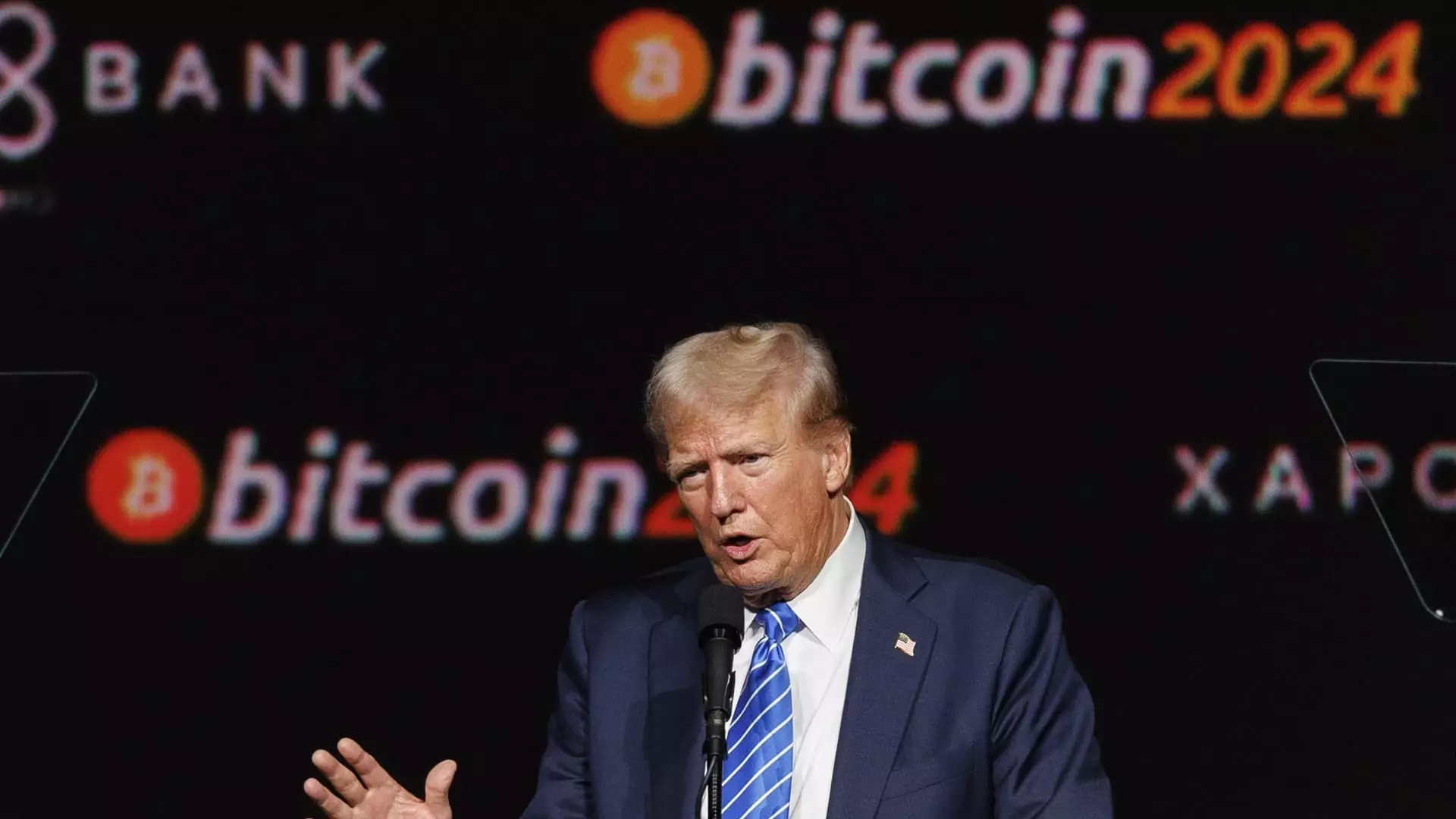As the U.S. presidential election approaches in November, the cryptocurrency landscape appears largely unaffected by the possible outcomes of this pivotal political event, particularly in Singapore’s vibrant crypto ecosystem. Industry insiders, including prominent figures like Charles Hoskinson, co-founder of Ethereum, express a sense of quiet confidence in the face of fluctuating political tides. Amidst speculation about whether a win for Donald Trump would favor the crypto market over a potential victory for Vice President Kamala Harris, Hoskinson emphasizes a broader narrative: the global shift towards decentralization and the development of regulatory frameworks by various countries.
The backdrop of the election results paints a complex picture for cryptocurrency in the United States, but according to Hoskinson, no matter the outcome, the world is not united by U.S. policies alone. The fervor of innovation continues, as countries like Singapore spearhead advancements in regulatory clarity. The assertion that the world is moving on from traditional financial systems, with or without American involvement, illustrates an essential evolution within the cryptocurrency sector.
Trump’s electoral platform has been described as more favorable toward cryptocurrency, with promises made during significant events such as the Bitcoin Conference in Nashville, where he proposed making the U.S. a “crypto capital.” However, this enthusiasm must be tempered with the understanding that political promises often lack follow-through in practical governance. Anthony Scaramucci, founder and managing partner of SkyBridge Capital, echoes this sentiment and emphasizes the need to view candidates more critically rather than through a purely partisan lens.
Scaramucci’s remarks on Kamala Harris suggest that her policies may not diverge significantly from Trump’s approach if she were to assume office. He believes that the Biden administration could unveil a more structured regulation based on economic principles that support the crypto market. This assertion, however, poses a quandary; does predictably mimicking an existing yet volatile regulatory landscape enough to advance the sector? The unpredictability inherent in leadership could stifle meaningful progress for the industry.
Interestingly, financial contributions from the cryptocurrency sector ahead of the election have hit impressive figures, exceeding $190 million directed towards candidates and PACs, as outlined by Federal Election Commission data. The shift in spending dynamics shows a decreased bias towards one party from the previous cycles. As more funding flows to Republican candidates, a trend that possibly reflects the industry’s apprehension amidst a climate of regulatory uncertainty, one cannot ignore the impact that lobbying and political contributions could have on future policy frameworks.
Arthur Hayes, a notable figure in the crypto trading sphere, delivers a stark critique of the political influence on the cryptocurrency market. Hayes argues compellingly that Bitcoin’s ascension occurred without established regulations, suggesting that governmental endorsement is not a precondition for cryptocurrency’s growth. In his view, the market’s resilience speaks volumes about its inherent strength and capacity to thrive independently of regulatory structures or political affiliations.
Jeremy Allaire, the CEO of Circle, captures the essence of bipartisan intervention needed in cryptocurrency regulation. He posits that the discourse surrounding cryptocurrency will transcend party lines, driven by a collective understanding of its significance for the U.S. economy and global competitiveness. This sentiment underscores an optimistic outlook where regardless of who occupies the White House, proactive engagement by Congress offers a potential silver lining for crypto advocates.
While the impending U.S. elections dredge up debates about potential shifts in the cryptocurrency landscape—a landscape that is synonymous with fluctuation and volatility—industry insiders maintain a steadfast resolve. The momentum generated by global advancements in digital currency regulation far outweighs the influence of a fluctuating political climate. As the rhythm of innovation continues unabated, what remains paramount is the adaptability of cryptocurrency and its advocates willing to embrace a decentralized future rooted in technological advancement rather than dictated by political whims.


Leave a Reply